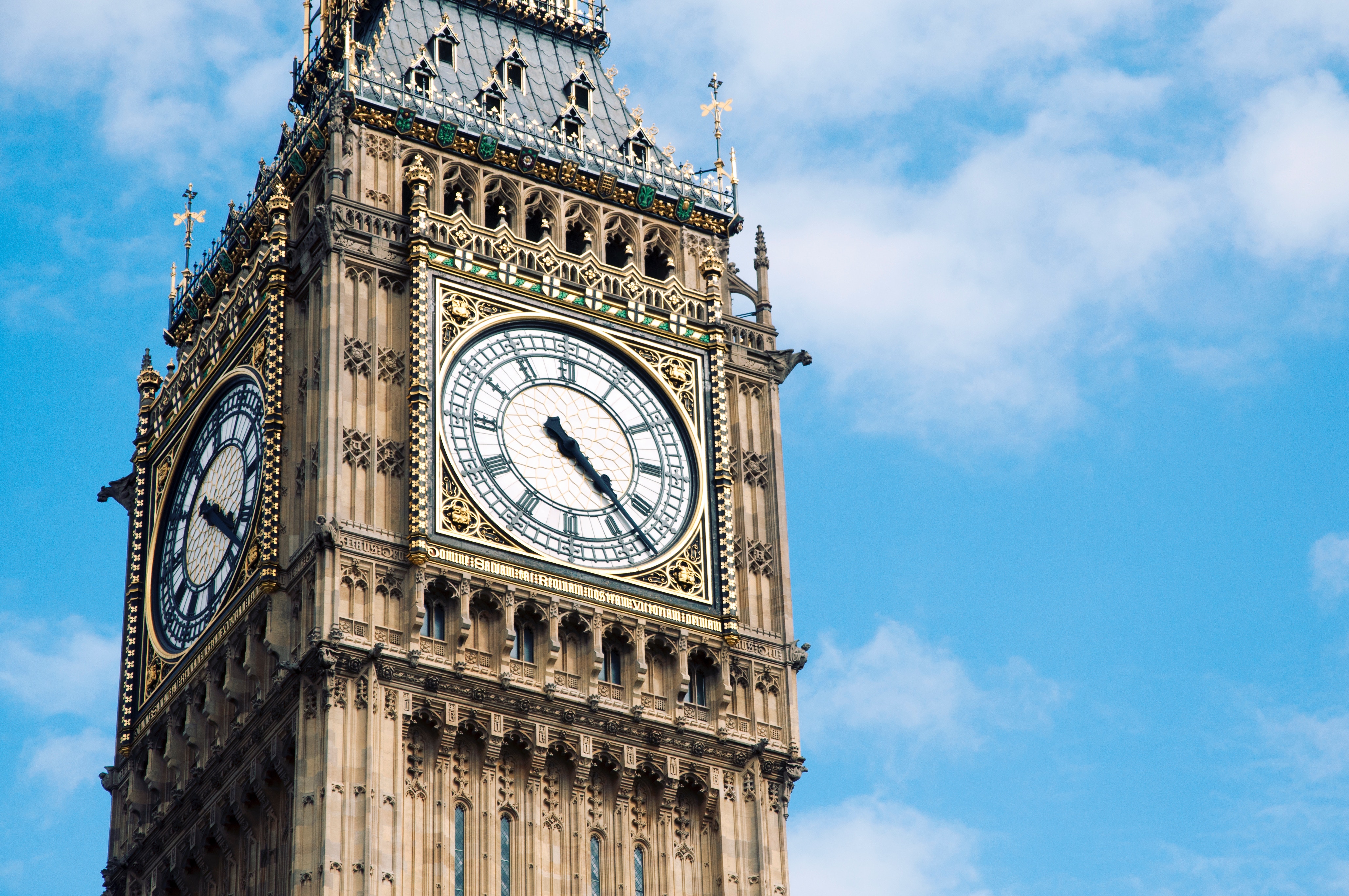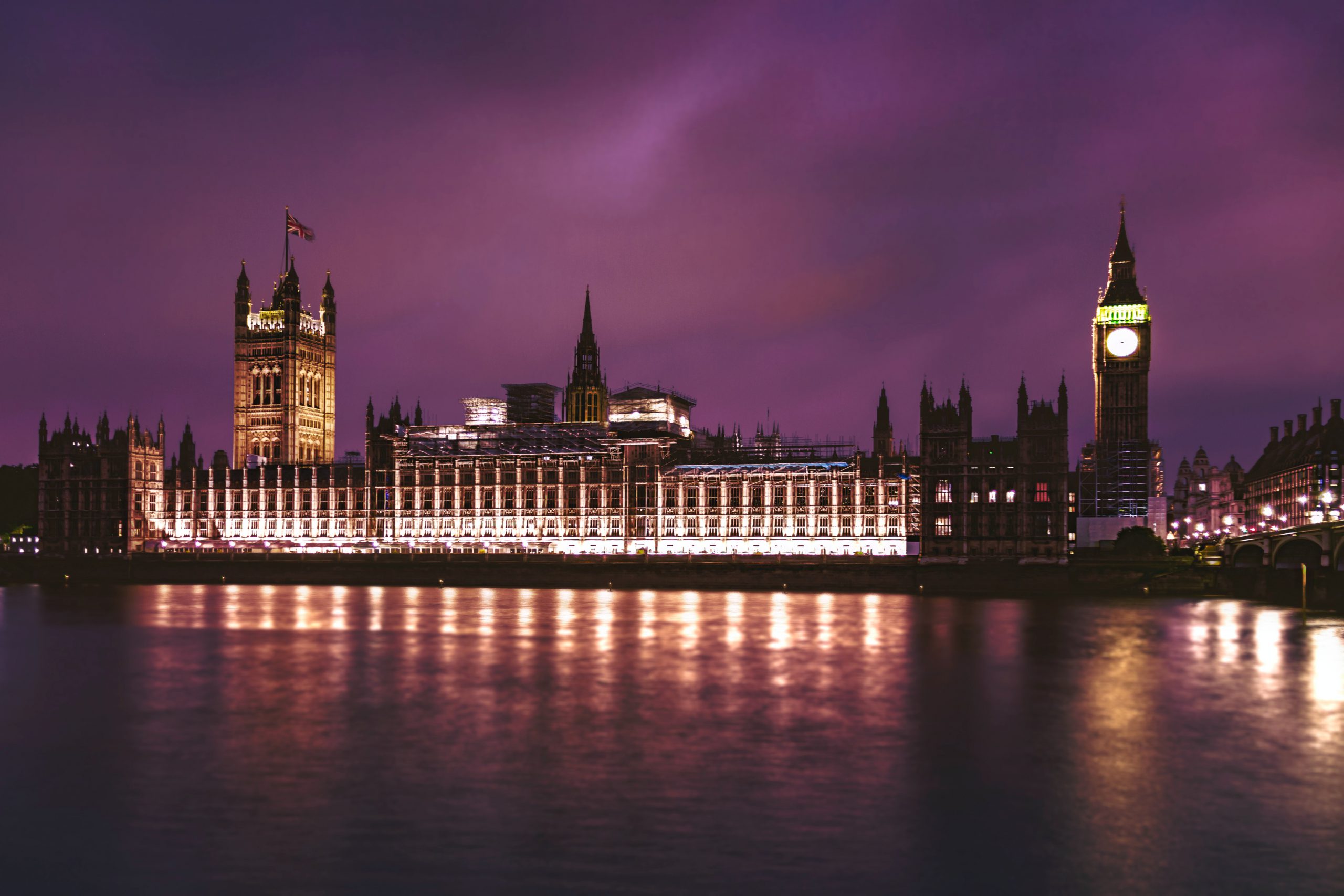
by George Turner | Apr 29, 2021
In response to critics that have questioned why HMRC has not done more to bring criminal prosecutions against the enablers and promoters of tax avoidance schemes, the government’s standard response has been to state that “there is no criminal offence of...

by Alex Dunnagan | Apr 29, 2021
On Monday 19 April MPs met to scrutinise the Finance (No. 2) Bill in a committee of the whole house. In the debate, TaxWatch’s research into “super-deductions” featured prominently, as MPs sought to amend the legislation to ensure some companies were excluded from the...

by George Turner | Apr 8, 2021
When we created TaxWatch a little over two years ago, our intention was to build an institution that represented the public interest in tax affairs. The importance of this mission is clear. We are all taxpayers in one way or another. Whether this be the VAT on...




